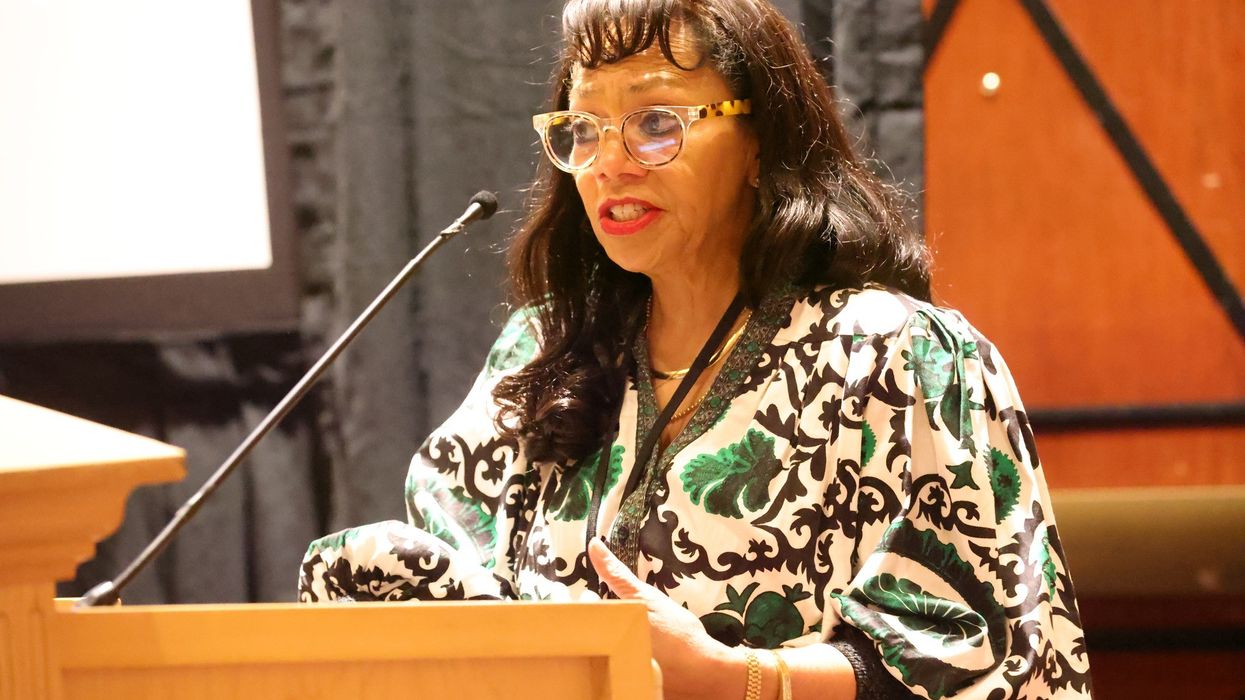This year marks the 34th anniversary of the Americans with Disabilities Act (ADA), a landmark legislation that has profoundly impacted millions of lives since its enactment on July 26, 1990. The ADA was a groundbreaking civil rights law that aimed to eliminate discrimination against individuals with disabilities in all areas of public life, including jobs, schools, transportation, and all public and private places open to the general public. As we celebrate this milestone, it is crucial to reflect on the enduring importance of the ADA and its continued relevance in today's society.
Historical Significance of the ADA
The ADA was signed into law by President George H.W. Bush and was a significant victory for the disability rights movement. Before the ADA, individuals with disabilities faced widespread discrimination and were often excluded from many aspects of society. The Act was designed to ensure that people with disabilities have the same rights and opportunities as everyone else, promoting equality, accessibility, and inclusivity.
The ADA is divided into five titles:
- Employment (Title I): Prohibits discrimination against individuals with disabilities in all aspects of employment.
- Public Services (Title II): Ensures access to all public services, including public transportation.
- Public Accommodations (Title III): Requires all public places to be accessible to people with disabilities.
- Telecommunications (Title IV): Mandates that telecommunications services offer adaptive technologies for individuals with hearing and speech impairments.
- Miscellaneous Provisions (Title V): Includes various provisions relating to the ADA as a whole, such as retaliation and attorney's fees.
Ongoing Importance of the ADA
Despite significant progress, the fight for disability rights is far from over. The ADA remains a critical tool in advocating for the rights and inclusion of individuals with disabilities. Here are some reasons why the ADA is still very important today:
- Combating Discrimination: Discrimination against individuals with disabilities persists in many forms. The ADA provides legal recourse for those facing discrimination, ensuring they have the means to seek justice and equal treatment.
- Promoting Accessibility: The ADA mandates accessible design in public spaces, transportation, and communication technologies. This has led to widespread improvements, making everyday activities more accessible for people with disabilities.
- Encouraging Employment: Title I of the ADA has been instrumental in breaking down barriers to employment for individuals with disabilities. It has encouraged employers to adopt inclusive hiring practices and provide reasonable accommodations.
- Supporting Independence: By promoting accessibility and nondiscrimination, the ADA supports the independence and autonomy of individuals with disabilities, allowing them to participate fully in society.
- Raising Awareness: The ADA has played a crucial role in raising awareness about disability rights and the importance of inclusion. It has helped shift societal attitudes, fostering greater understanding and acceptance of people with disabilities.
Future Directions
While the ADA has paved the way for significant advancements, there is still much work to be done. Ongoing advocacy is needed to address emerging challenges, such as digital accessibility, healthcare disparities, and the intersectionality of disability with other forms of discrimination.
As we celebrate the 34th anniversary of the ADA, let us reaffirm our commitment to creating a more inclusive and equitable society. The ADA has shown us that progress is possible, but it is up to all of us to continue the fight for disability rights and ensure that everyone has the opportunity to thrive.









 Karla Mingo believes that her greatest gift as a cancer survivor is the ability to live with gratitude and thankfulness.
Karla Mingo believes that her greatest gift as a cancer survivor is the ability to live with gratitude and thankfulness.




 Dr. Cary S. Kaufman teaches the "Essentials of Oncoplastic Surgery" course through the National Consortium of Breast Centers, providing breast surgeons around the world with advanced techniques for optimal breast surgery outcomes.
Dr. Cary S. Kaufman teaches the "Essentials of Oncoplastic Surgery" course through the National Consortium of Breast Centers, providing breast surgeons around the world with advanced techniques for optimal breast surgery outcomes.